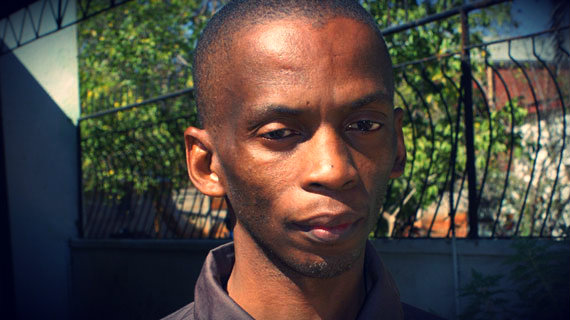
ONE of the greatest tragedies of Africa in general, Zimbabwe specifically, is the manner in which people, leaders, political parties and whole communities pride themselves in being victims.
DUMISANI NKOMO
There is no merit whatsoever in “victim mentality as it disembowels individuals and communities, shifting both blame and responsibility to others”.
It is not surprising that even when we vote for leaders, we vote for those who can best prove their victimhood rather than their capacity to lead or govern. This time and generation call for leaders who will shift Africa from the politics of blame to the politics of responsibility and pro-activeness.
If there is one thing that we as Africans have to rid ourselves of, it is the collective victim mentality that most of us seem to be suffering from.
To this day, colonialism is blamed for the state of the economy and if it is not colonialism, it is sanctions.
While colonialism did play a major role in underdeveloping Africa, we should take note that on average most African countries have been independent for between 45 to 50 years.
In Zimbabwe, Zanu PF blames the state of the economy on sanctions and the inclusive government.
- Chamisa under fire over US$120K donation
- Mavhunga puts DeMbare into Chibuku quarterfinals
- Pension funds bet on Cabora Bassa oilfields
- Councils defy govt fire tender directive
Keep Reading
The MDC-T blames Zanu PF for its electoral performance or lack thereof.
I was, however, impressed by MDC-T vice-president Thokozani Khupe who called on the party to stop mourning, but to move on.
While we are all aware of Zanu PF’s shenanigans and “rigging strategies” any party or entity that blames its opponent entirely is surely not worth to lead or rule.
In the same vein, for Zanu PF to be blaming economic crises on sanctions means they are admitting that they have no capacity to take the country forward.
A father who fails to provide food for his family cannot tell his family that the government is responsible for their plight. He has to take responsibility for their situation whether or not the government is to blame. So Zanu PF, spare us and stop blaming everyone but yourselves.
MDCs, spare us and stop blaming Zanu PF for everything.
Racism does exist and we have to acknowledge that it can be both ways. It can be white on black and it can be black on white.
It has been especially pronounced in terms of white on black because the economy has historically been controlled by whites.
But it would be unfair to blame everything on whites. Some government policies have in some way carried racist undertones implying that Zimbabwe is just for one racial group.
This is a sign of victims believing that their form of official “mob” justice is legal and justified.
The marginalisation of Matabeleland is fact and has to be addressed. Failure to do so may have serious political and social repercussions.
We, the people of Matabeleland, should not expect those that oppress us to voluntarily stop oppressing us and start being “benevolent oppressors”.
We have to organise ourselves first of all economically and then socially if this region is to develop. Gukurahundi almost wiped away the entire population of the region in the ’80s, but it is unlikely that the current government will do anything about it.
We cannot just wait for something to happen and be caught in a moment of historical madness. We have to move on, but move on with the awareness that justice will be done one day.
It would be naïve to expect a python to just roll over and apologise to its prey, kiss and make up and promise never to attack it again.
The prey has to make a deliberate decision not to continuously be the prey.
Unless we the people in Matabeleland own something economically, we will not drive any political process, but will continue being political bridesmaids to other regions which are both politically and economically self sufficient.
The grand plan of ethnic domination by an elite political group may be a reality, but what is more of a reality is how people of the region carve out their own future and “plan” instead of wasting time and resources on other people’s plans.
The power of the oppressed is in the oppressed mind not in the oppressor, because the oppressor himself is a slave to fear.
I would like to end by drawing from the experiences of the Jews, the Japanese and the Germans who at one time all faced virtual obliteration, but reorganised and became global giants.
After entire cities in Hiroshima and Nagasaki were destroyed by the atomic bomb in 1945, the Japanese did not languish in self-pity and victim mentality.
Within 30 years, the Japanese rebuilt their economy to become the second-largest after the American economy. Hitler obliterated millions of Jews in the Holocaust, but the Jewish nation survived and Israel was able to turn a virtual dessert into “green-zone”.
Yes, we can do it as Africans. Yes, we can do it as Zimbabweans. Yes, we can do it as Matabeles. There are four things we need to get rid of:
- Shifting blame to others and to circumstances
- Failure to accept responsibility
- Expecting our situation to change on its own or just go away
- Expecting those that have made us victims to save us.
Let us become victors and take charge of our future and our destiny. We cannot change the past, but we can change the future.
The only thing we can do with the past is to learn from it. As the old pan-Africanist slogan goes: “Organise don’t agonise.” Mayibuye!
- Dumisani Nkomo is an activist and opinion leader










